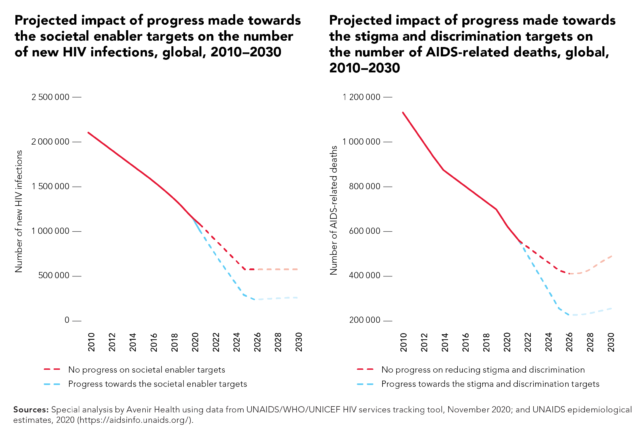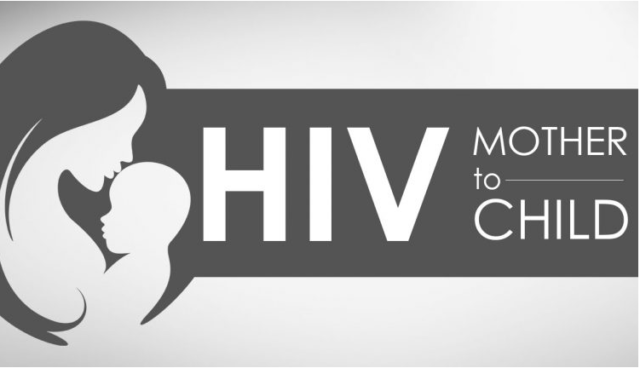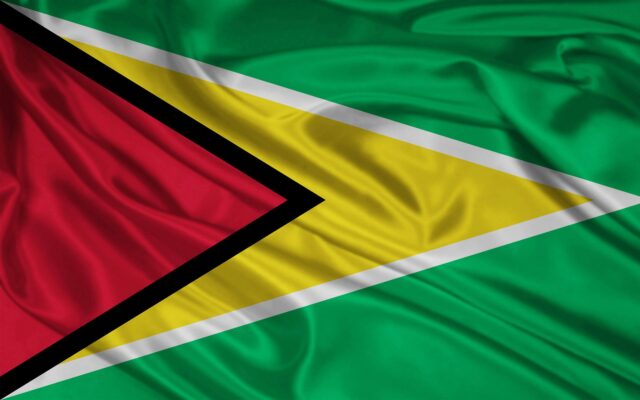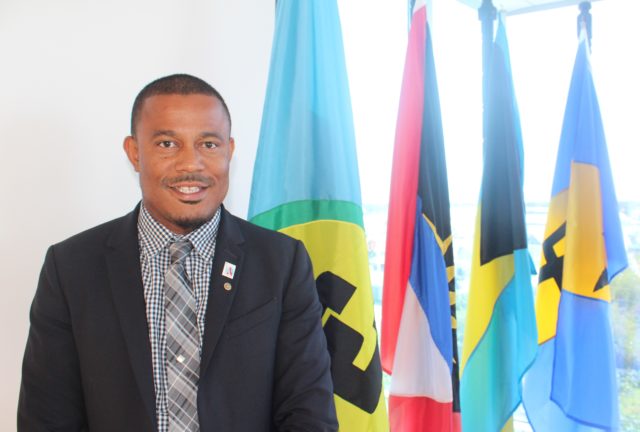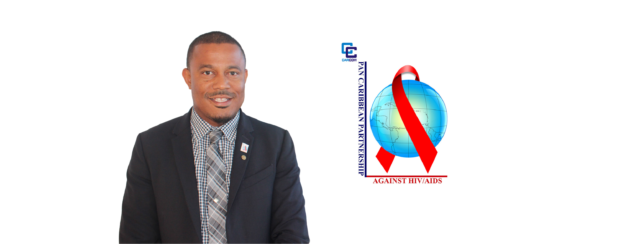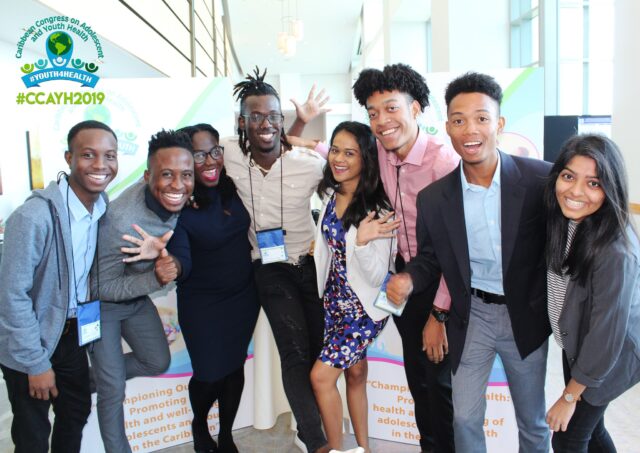Message from Dr Rosmond Adams, Director, PANCAP on the occasion of World AIDS Day 2020
Each year, December 1 is commemorated as World AIDS Day, an international day dedicated to raising awareness of the AIDS pandemic caused by the spread of HIV infection, to recognise those who continue to work to end AIDS and to pause and remember those who have left us because of this disease.
The theme for World AIDS Day 2020 is, “Global solidarity, shared responsibility”. The Pan Caribbean Partnership against HIV and AIDS (PANCAP) endorses this theme as it effectively captures the phenomenal efforts of our public health champions in responding to the COVID-19 Pandemic while working to maintain the gains made in the HIV response.
Health care providers working in HIV have also been called to the battlefield to respond to COVID-19 a clear demonstration of the type of solidarity in health that is needed for us to live in a safe and healthy Caribbean.
The Coronavirus pandemic has disrupted health services. An effective HIV response requires continuous service delivery in areas such as prevention, treatment and laboratory services. Moreover, HIV care and treatment services are dependent on community action to reach those at risk and to support those currently living with HIV to ensure that they are reached and retained in care.
National AIDS Programmes and Civil Society across the Region continue to be challenged especially in the area of HIV testing as lockdowns, and other COVID-19 protocols have prevented persons from accessing services. However, as the Region has proven in the past, rising to any challenge with collaboration and innovation is a hallmark of Caribbean people.
Public health practitioners across the Region have utilised strategic collaborations to respond to COVID-19 and protect the gains made in the HIV response.
In Belize, Enrique Romero, Executive Director, National AIDS Commission (NAC) used his alliances with social workers, adherence counsellors from the Ministry of Health (Belize), Peer Navigators, NAC District Committees and Civil Society Organizations (CSOs) to conduct a Needs Assessment of People Living with HIV.
The assessment revealed that many People Living with HIV were desperately in need of food items to remain adherent to their medication. Enrique jumped into action, and within a few days, he worked tirelessly with the Ministry of Human Development, Social Transformation and Poverty Alleviation (Belize) to expedite assistance to these individuals through the Government of Belize’s “Food Assistance Programme”.
Loss of employment, lack of essential living support and depleting nutritional supplies are some of the main issues that undermine adherence to HIV medication. COVID-19 has exacerbated these circumstances.
In Jamaica, Kandasi Levermore, Executive Director of the Jamaica AIDS Support for Life (JASL), responded to the needs of her clients by soliciting donations and writing proposals for small grants to provide clients with nutritional support, care packages, sanitisation items and financial support for transportation to attend clinic visits. Such action in the face of so many adversities may have saved many lives and protected the gains made in the Region’s HIV response.
In Barbados, Dr Nastassia Rambarran and her team from Equals Barbados arranged for delivery of multi-month medication supplies, provided care via telemedicine and donated food hampers sourced from donations and an external grant.
These are just a few examples of our Caribbean Public Health Champions recognising their shared responsibility and taking decisive action to ensure the continuity of HIV services during COVID-19.
COVID-19 has thrown our National HIV Programmes and Civil Society into circumstances that demanded their best. I am humbled and inspired by the response of our Public Health Practitioners and Civil Society leaders. I have only highlighted a few of the best practices that have emerged from the Region, but there are many more success stories to share.
This World AIDS Day, I urge our Partners to share their stories and celebrate the success of maintaining the Region’s HIV response in the face of COVID-19. Our Region has responded to the global Pandemic with cooperation, unity and innovation, which ensured the continuity of HIV services and better health outcomes for People Living with HIV.
Our Governments, National Programmes, community mobilisers and the private sector stepped up to provide the needed services so that People Living with HIV can remain on their medication. Time will reveal how many lives were saved because our Region acted promptly and effectively.
I do believe that despite the challenges of 2020, our Region can amplify the HIV response and fulfil the mandate of the Caribbean Regional Strategic Framework on HIV and AIDS (CRSF) of a Caribbean free of AIDS and new HIV infections, in which all people are happier, healthier, productive, safe and respected.
We have demonstrated our ability to be innovative during this crisis. COVID-19 has disrupted the way we do things, but it has provided us with the opportunity to embrace change and innovation. Countries in the Region are now embracing innovations such as HIV self-testing, multi-month dispensing of ARVs and the use of digital technology to offer services virtually.
The Partnership remains committed to supporting this momentum, and we stand in solidarity with everyone as each of us does our part in ending AIDS in the Region.
###


